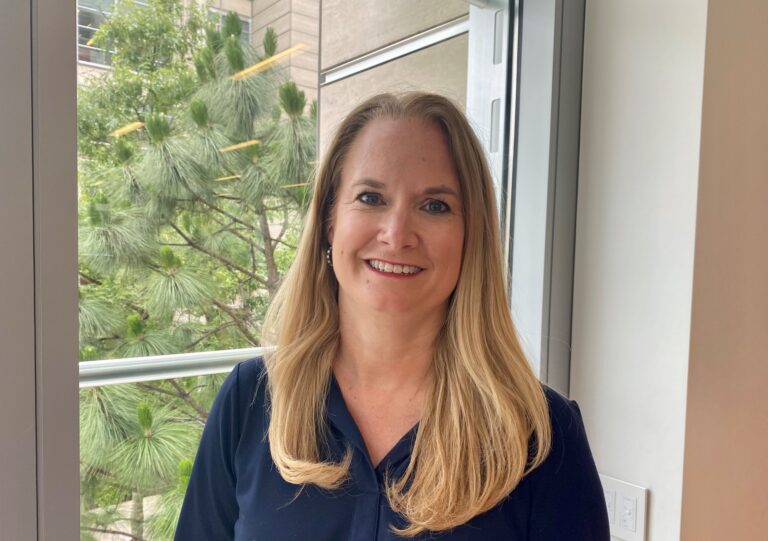Molecular/Advanced Recycling: Ensuring Accountability and Transparency
Webinar
Molecular/Advanced Recycling: Ensuring Accountability and Transparency
March 19 | 1:00 p.m. ET
Molecular/Advanced Recycling: Ensuring Accountability and Transparency
March 19 | 1:00 p.m. ET
An Industry Solutions Webinar
Insights for CPG companies on emerging issues
This session is for Consumer Brands members only in the policy, regulatory and legal space. If you’re interested in becoming member, contact [email protected].
The issue of molecular recycling is not new to Consumer Brands members. Over the past several years, Consumer Brands has hosted molecular recycling briefings to discuss the technology, generally supported molecular recycling in comment letters (e.g., FTC Green Guides Update and EPA’s National Strategy to Prevent Plastic Pollution) and has been at the forefront of helping CBA members drive policy decisions that help them meet and manage their sustainability goals. The membership also recognizes that advanced – or molecular – recycling must be properly defined and counted towards recycling goals and recycled content targets, including those under any extended producer responsibility programs. This fall, CBA embarked on a process that generated member developed principles to further guide advocacy with the goal that molecular recycling is properly defined and can be used, among other things, to count towards recycling rates and recycled content levels.
In addition, as our members seek to meet their sustainability goals, molecular recycling must come on scale quickly – this will require a unified and strong voice among consumer brands and the plastics industry to drive key regulatory decisions on important topics such as mass balance. If our voices aren’t heard, we risk missteps by policymakers that could chill progress on the single most important source of recycled polymers expected to come online in the years ahead.
Leveraging existing petrochemical infrastructure is one key to quickly scaling molecular recycling. The second key is credibility, underpinned by a robust, third-party mass balance accounting system which ensures proper claims are made to the marketplace. This ensures that consumer brands have a transparent and quantifiable system for allocating recycled content to specific products.
Please join us to hear from Melanie Bower, ExxonMobil as we discuss the role of mass balance in today’s regulatory environment. ExxonMobil is the leader in commercially viable molecular recycling technology and provides a host of brands and converters with circular plastics, certified via an independent, third-party system called International Sustainability and Carbon Certification (ISCC) PLUS. This session will be geared towards policy, regulatory and legal members of the Consumer Brands membership.
Speaker

Melanie Bower, Ph.D.
Sustainability Manager, Plastics Circularity, ExxonMobil
Presented by ExxonMobil:

To learn more about joining Consumer Brands as a member or partner, contact us here.

